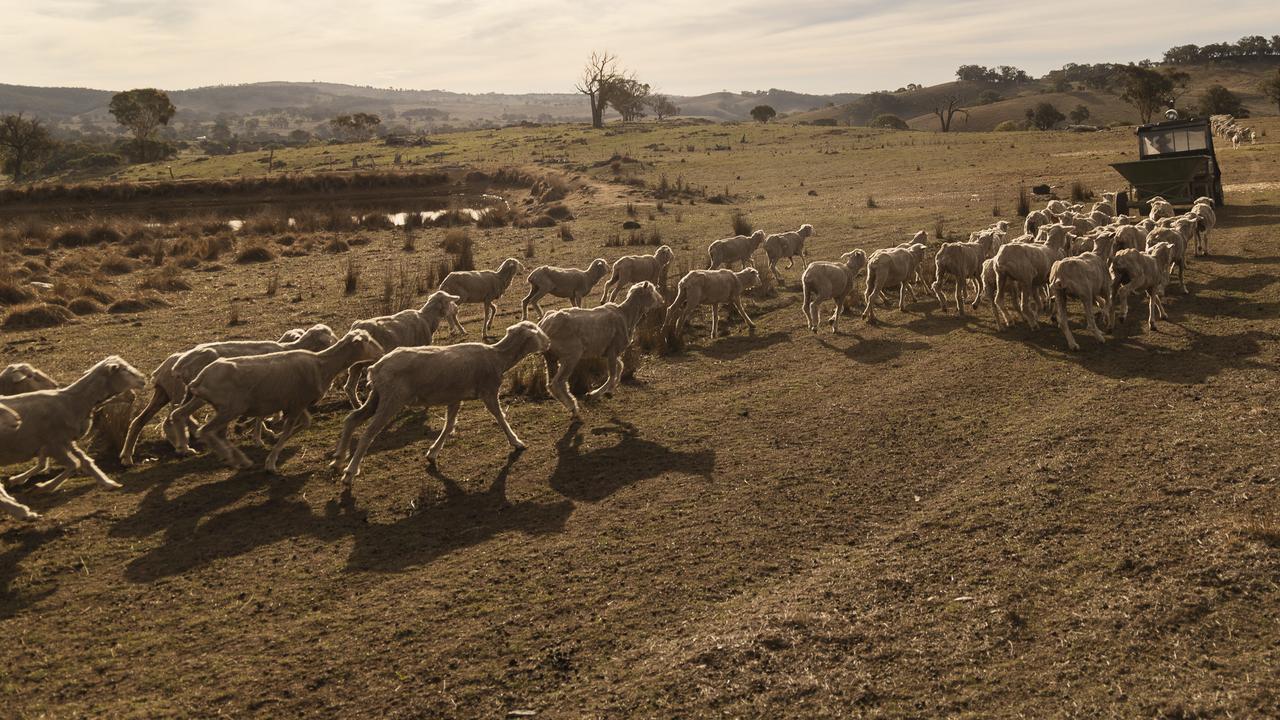Live export, duck shooting developments prompt wave of argument
Comparing our live exports with New Zealand’s is like chalk and cheese but duck shooting is more nuanced, writes Ed Gannon.

Few rural issues fire up emotions more than live animal exports and duck shooting.
Both have been in the focus in the past week. And both developments have prompted a wave of anger and argument from both sides of each issue.
First to live animal exports, and the news that New Zealand has completely banned export of animals.
NZ banned sheep and cattle exports for slaughter more than a decade ago, but closed the loop completely last week by shutting the door on exports of breeding stock.
The move immediately threw focus on to Australia’s live export industry, and calls to immediately ban it.
But, as experts pointed out, to compare Australia’s and New Zealand’s live animal exports is like chalk and cheese.
New Zealand exports about 40,000 head a year, while Australia exports more than 1.2 million animals.
Much of our industry consists of cattle from northern Australia to Indonesia, and live sheep from Western Australia to the Middle East.
Both are sending stock to parts of the world that cannot produce the animals we can due to climate or economics.
The consequence of the size of our industry, and the shock of the cruelty ban on our cattle in 2011, is that our sector is the most humane in the world, with new ships and restrictions on what times of the year animals can be exported due to heat.
Vacating the sector would only push demand to countries that do not have the same standards; countries such as Somalia, which is the world’s largest live sheep exporter.
Duck shooting is no less controversial, fired in the past week by the Victorian Government increasing the limit on the numbers of ducks that shooters can collect each day, from two ducks to five, after a survey found there are 2.45 million ducks in Victoria. This was significantly more than earlier thought.
Yet the Government ignored advice from Arthur Rylah Institute — the Government’s most respected authority on the issue — that the 2021 season be extended from 20 days to 75 days.
And in doing so, angering duck shooters and those opposed to it.
Governments hate these issues because they just can’t win whatever way they go.
If the Federal Government pushed to ban live animal exports, the revolt from its coalition partner would likely push it into a minority government.
If the Victorian Government banned duck season, it risks alienating voters in vital outer suburban seats, where many shooters come from and whose views are more closely aligned to the rural community than to the inner city.
Yet, don’t ban duck shooting, and it risks this becoming an issue that could turn inner-city Labor seats into Greens seats.
And that is why live exports and duck shooting will continue to fire up the letters to the editors and social media comments for a long time to come yet.
• Ed Gannon is Editor of The Weekly Times



